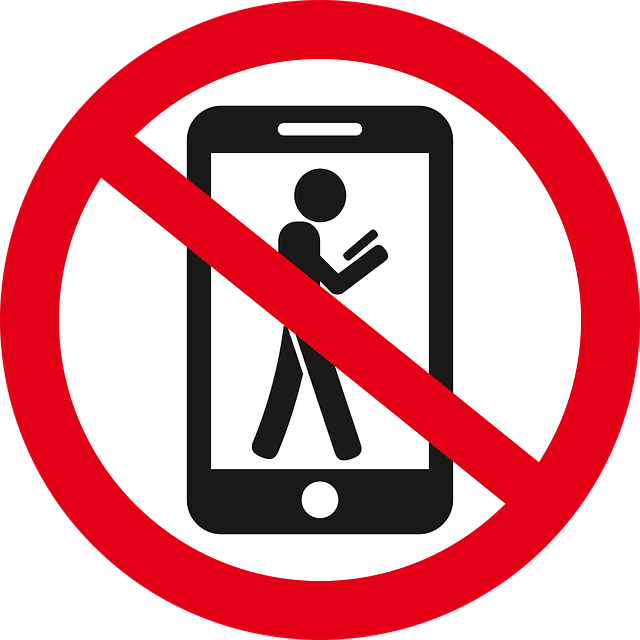Spam text messages are a growing issue in New Hampshire, including Portsmouth, with "spam call law firms" sending misleading legal threats via mobile. The state's Spam Call Law and the Telephone Consumer Protection Act (TCPA) protect residents from automated, unsolicited texts without explicit consent. To fight back, document spam sources, consult spam call law firms specializing in TCPA litigation, file complaints with relevant authorities, and register phones on the Do Not Call list. By combining these strategies, individuals can significantly reduce unwanted spam texts and reclaim control over their digital communication.
In today’s digital age, unwanted spam texts have become a pervasive issue, with Portsmouth, New Hampshire residents often facing a deluge of unsolicited messages. This article delves into your rights against spam texts and explores the legal implications in New Hampshire, specifically targeting the rise of spam call law firms. We provide insights on navigating legal actions to combat these nuisance calls and offer effective strategies to prevent and reduce their receipt, empowering Portsmouth residents to take control.
Understanding Spam Texts and Their Legal Implications in New Hampshire
Spam texts, often referred to as unsolicited or unwanted text messages, have become a pervasive issue for many individuals and businesses alike. In New Hampshire, including Portsmouth, these spam calls are not only an annoyance but also come with legal implications. The New Hampshire Spam Call Law, part of the state’s Consumer Protection Act, is designed to protect residents from deceptive and harassing marketing practices, including text messages.
Under this law, it is illegal for businesses or individuals to send mass text messages without prior express consent. This means that if you have not given explicit permission for a company to contact you via text, such messages are considered spam. Legal consequences can arise for violators, including fines and other penalties. Understanding your rights under the Spam Call Law firms New Hampshire is crucial in navigating this modern-day challenge and ensuring your privacy and peace of mind.
The Rise of Spam Call Law Firms and Related Concerns
In recent years, there’s been a notable rise in spam call law firms across various states, including New Hampshire. These entities exploit the convenience of mobile communication by bombarding individuals with unwanted, often misleading, legal threats or exaggerated promises of monetary gains. The issue has become so prevalent that it’s not uncommon for residents to receive multiple such calls daily, causing significant distress and disrupting their daily lives.
Beyond the annoyance factor, there are legitimate concerns regarding privacy invasion, incorrect information dissemination, and financial loss potential for those who act on these spam calls. In New Hampshire, as in many other states, laws have been put in place to protect consumers from such practices, but keeping up with evolving strategies employed by spam call law firms remains a challenge.
Exploring the Rights of Portsmouth Residents Against Spam Texts
In Portsmouth, New Hampshire, residents have rights against spam texts under state and federal laws. The Telephone Consumer Protection Act (TCPA) prohibits businesses and call law firms from sending automated, or “spam,” text messages to mobile phones unless the recipient has given explicit consent. Additionally, New Hampshire’s Telemarketing Act further restricts telemarketing practices within the state, empowering residents with additional protections against unwanted spam calls.
Portsmouth citizens can take several steps if they receive spam texts. They can register their phone numbers on the National Do Not Call Registry to limit future marketing calls and texts. Most importantly, individuals have the right to file a complaint with the Federal Trade Commission (FTC) or the New Hampshire Attorney General’s Office if they believe they’ve been targeted by illegal spam text messages. These agencies take such complaints seriously and can investigate and penalize offenders.
Navigating Legal Actions: How to Fight Back Against Spam Calls
Navigating Legal Actions: How to Fight Back Against Spam Calls in Portsmouth, New Hampshire
If you’ve been a victim of persistent spam calls or text messages, it’s important to understand that there are legal avenues to combat this issue. The Telephone Consumer Protection Act (TCPA) is a federal law designed to protect consumers from unwanted phone calls and texts, including spam. In New Hampshire, as in many states, violating this law can result in significant penalties for call centers and businesses.
The first step is to identify the source of the spam. If it’s a local or national call center, document the calls with dates, times, and any relevant information. Then, consult with a reputable spam call law firms in New Hampshire that specializes in TCPA litigation. These attorneys can help you file a complaint with the Federal Communications Commission (FCC) or take legal action against the offending entity. By following these steps, you not only protect yourself but also contribute to deterring future spam calls in Portsmouth and across New Hampshire.
Effective Strategies to Prevent and Reduce Receipt of Spam Texts
Spam texts can be a persistent and frustrating issue, but there are several effective strategies to prevent and reduce their receipt. One crucial step is to familiarize yourself with New Hampshire’s spam call laws, which provide substantial protections against unsolicited text messages. Start by registering your phone number on the state’s Do Not Call list, a simple yet powerful tool that limits marketing calls, including spam texts. Additionally, many modern smartphones come equipped with built-in features to block and filter unwanted messages. Utilize these tools to create a digital fortress around your communication channels.
Another game-changer is to be discerning in sharing your contact information. Avoid providing your phone number unless absolutely necessary for legitimate purposes. Be cautious when signing up for services or entering competitions, as some organizations may use your details for promotional purposes. Furthermore, keep your privacy settings updated on all online platforms to ensure that your personal information isn’t easily accessible to senders of spam texts. By combining these strategies, individuals can significantly reduce the influx of unwanted text messages and regain control over their digital communication.






